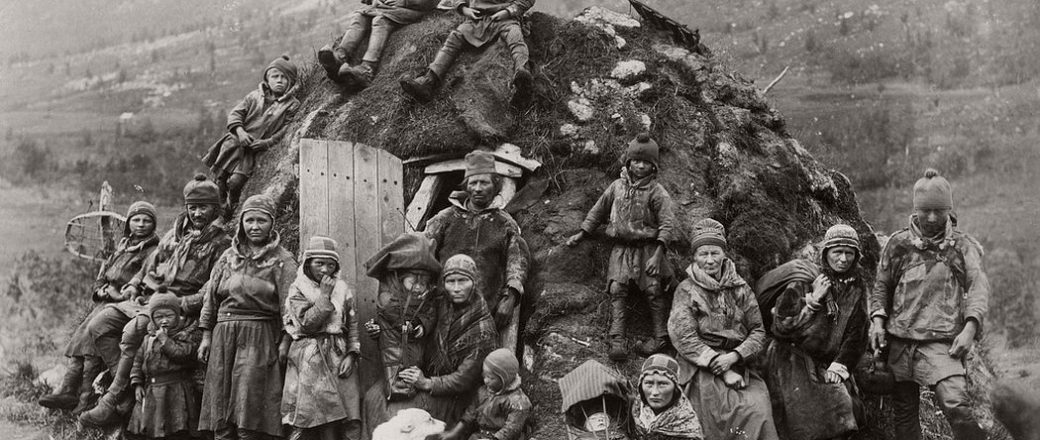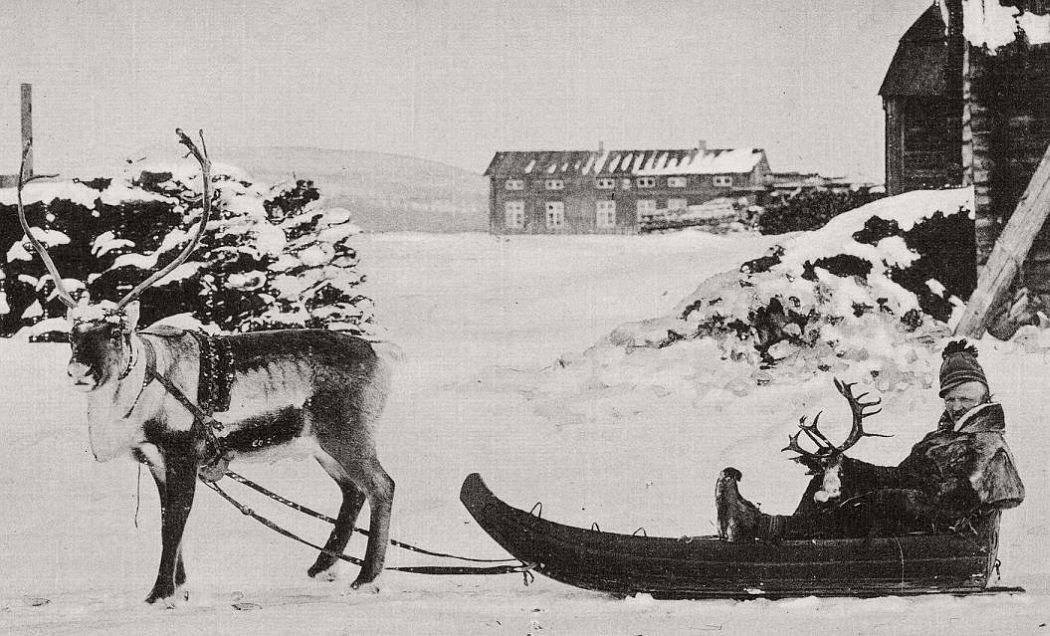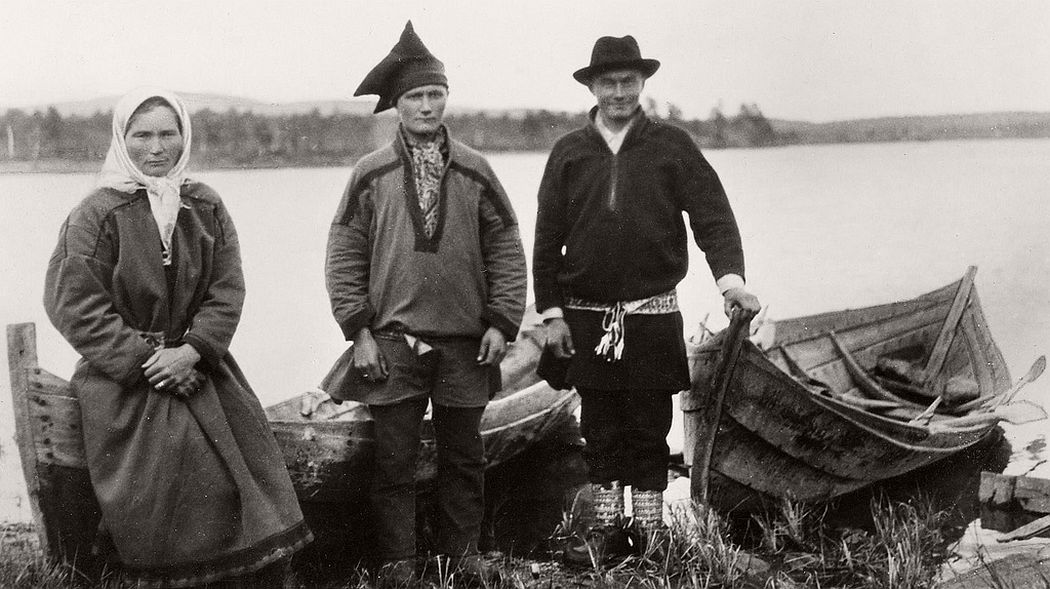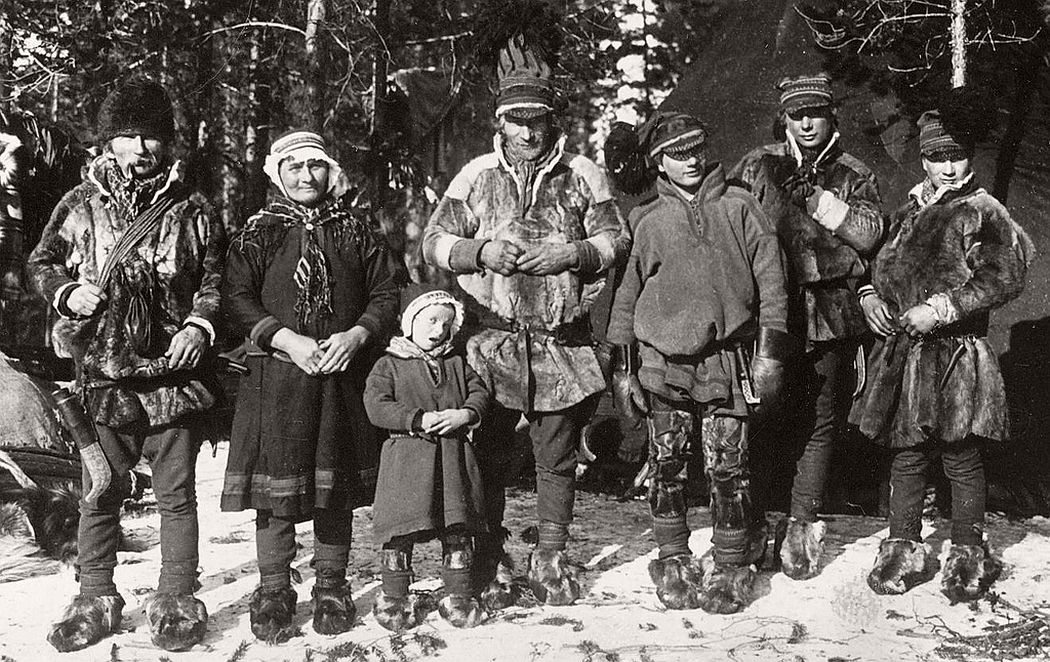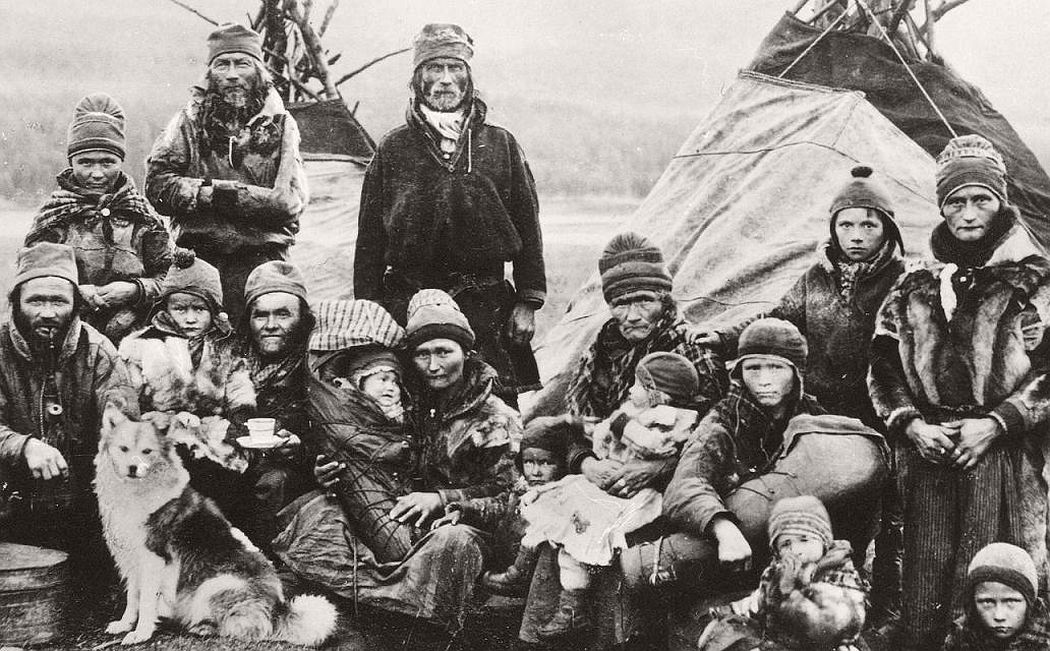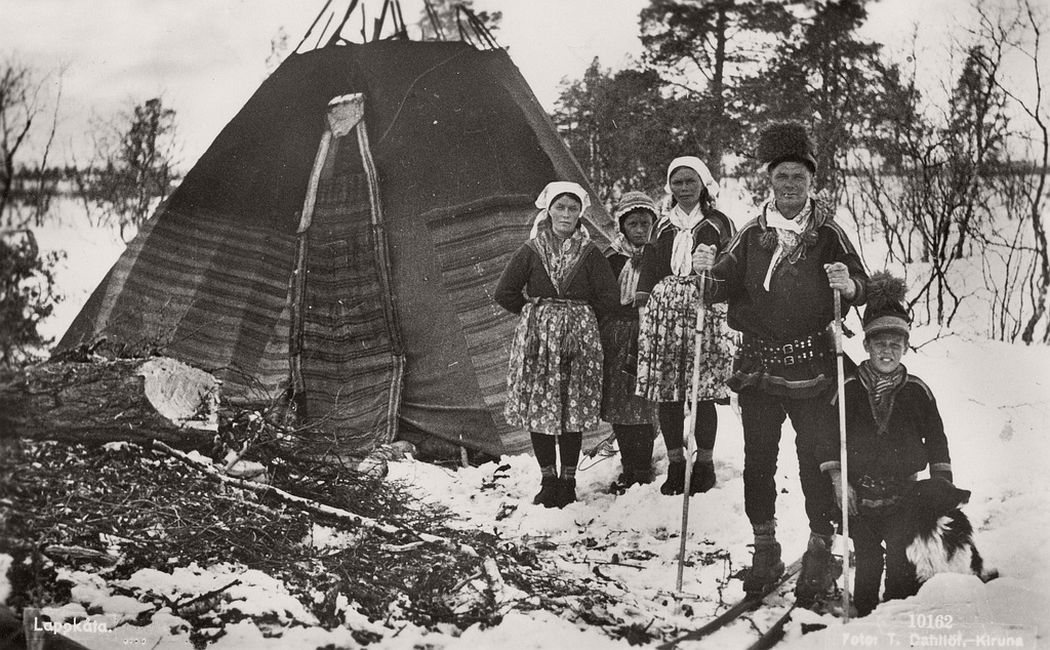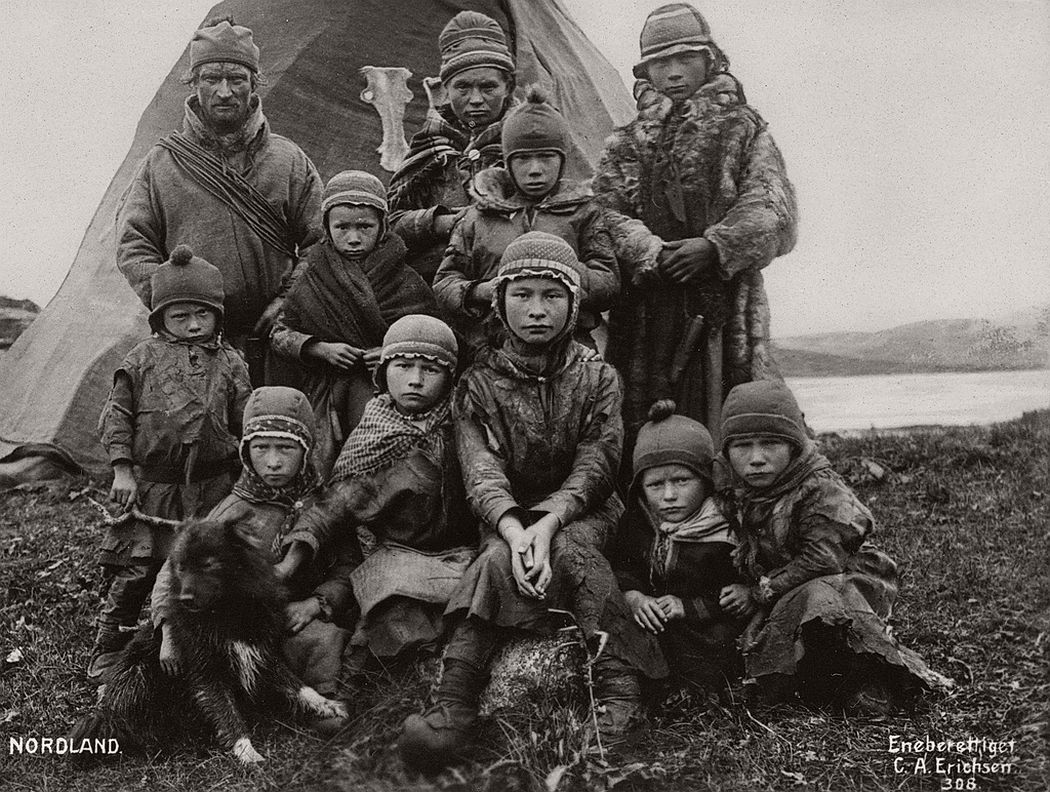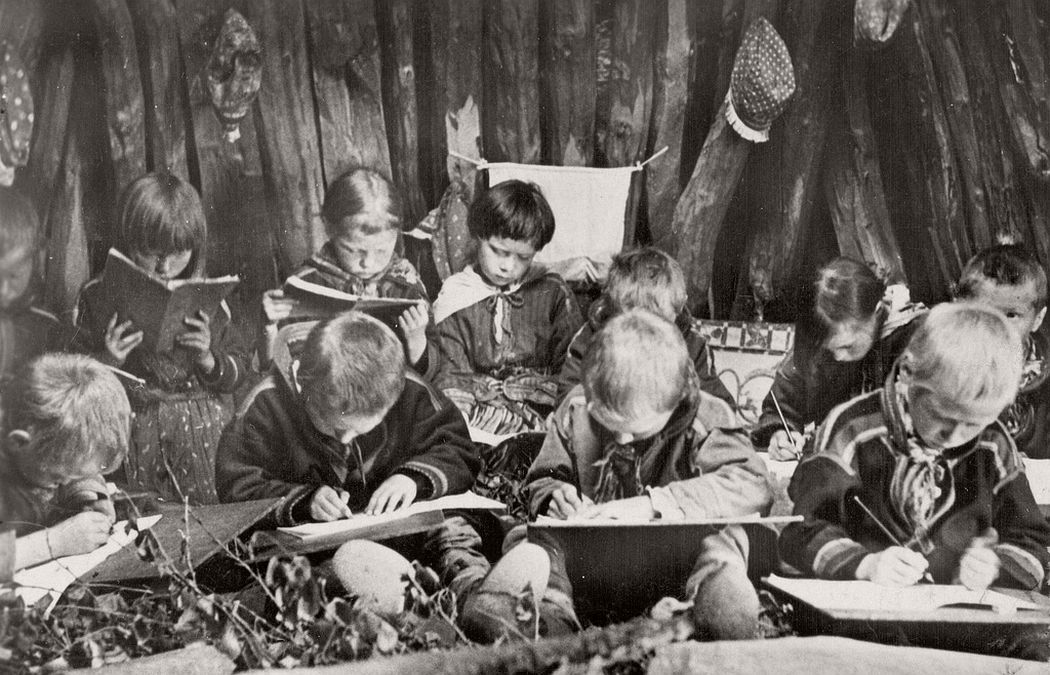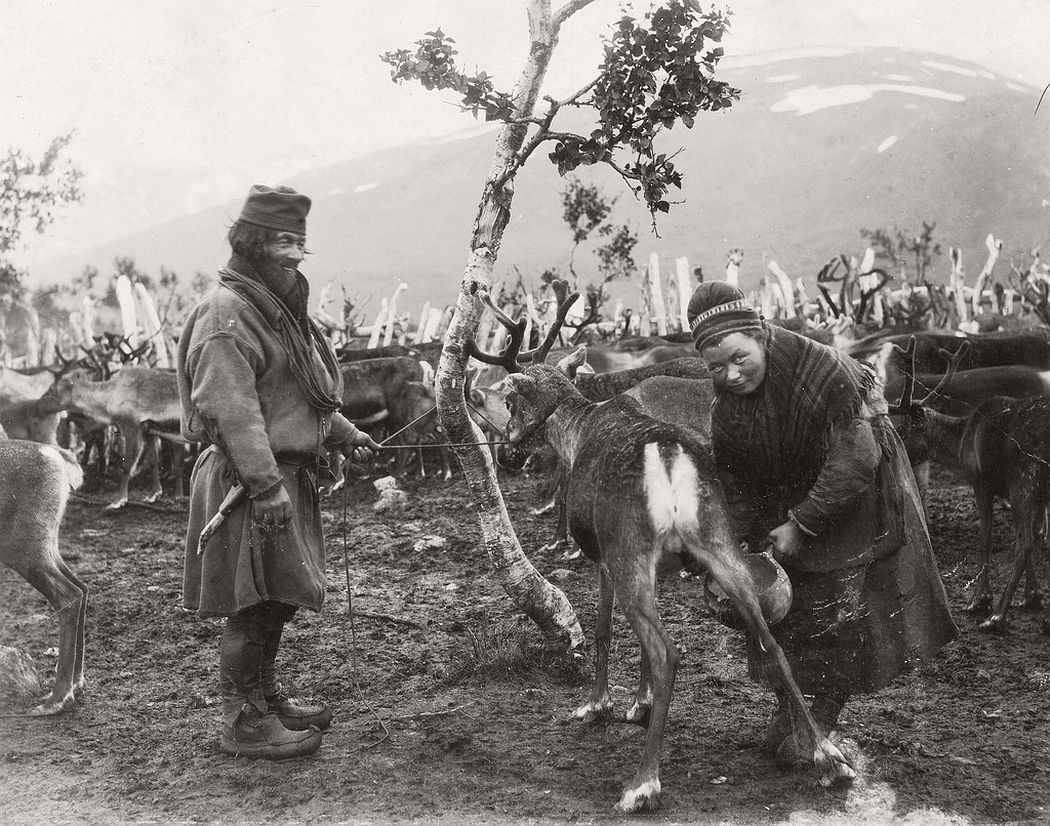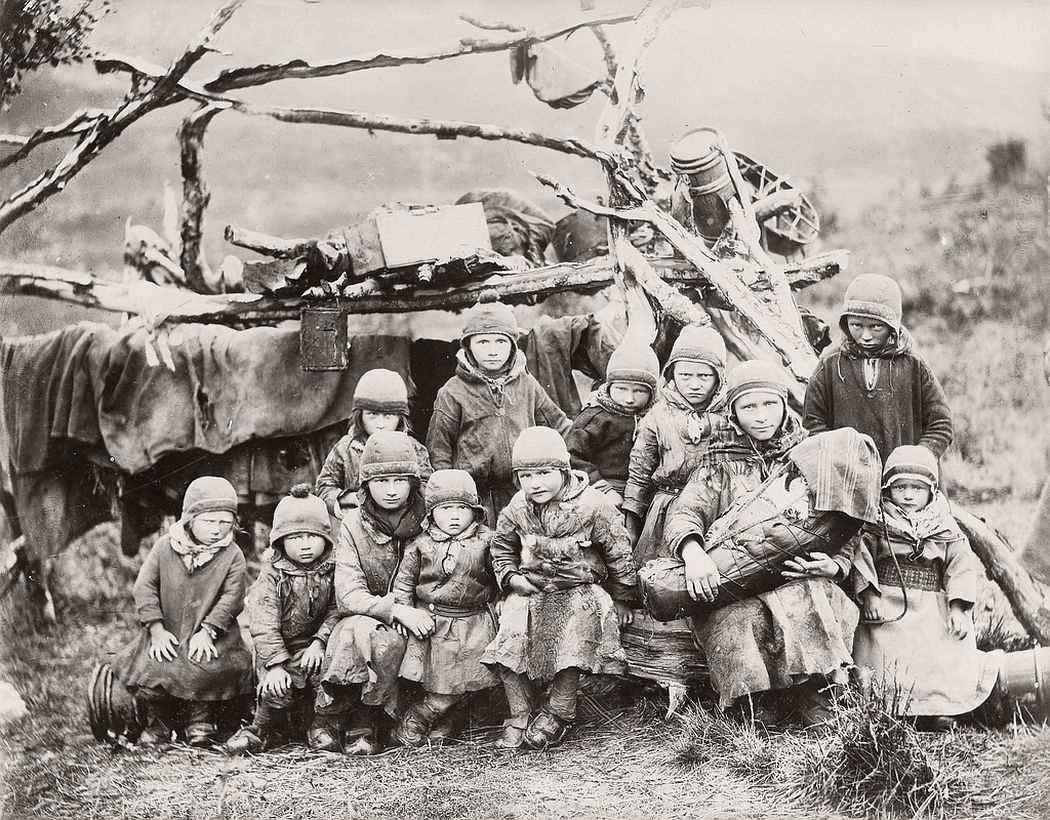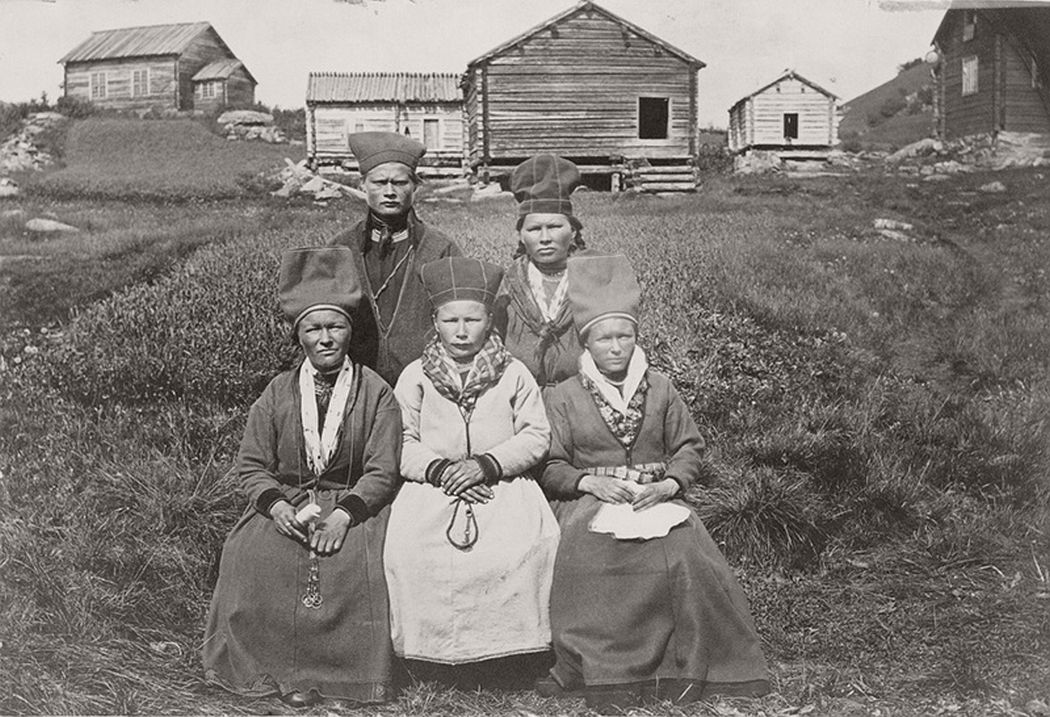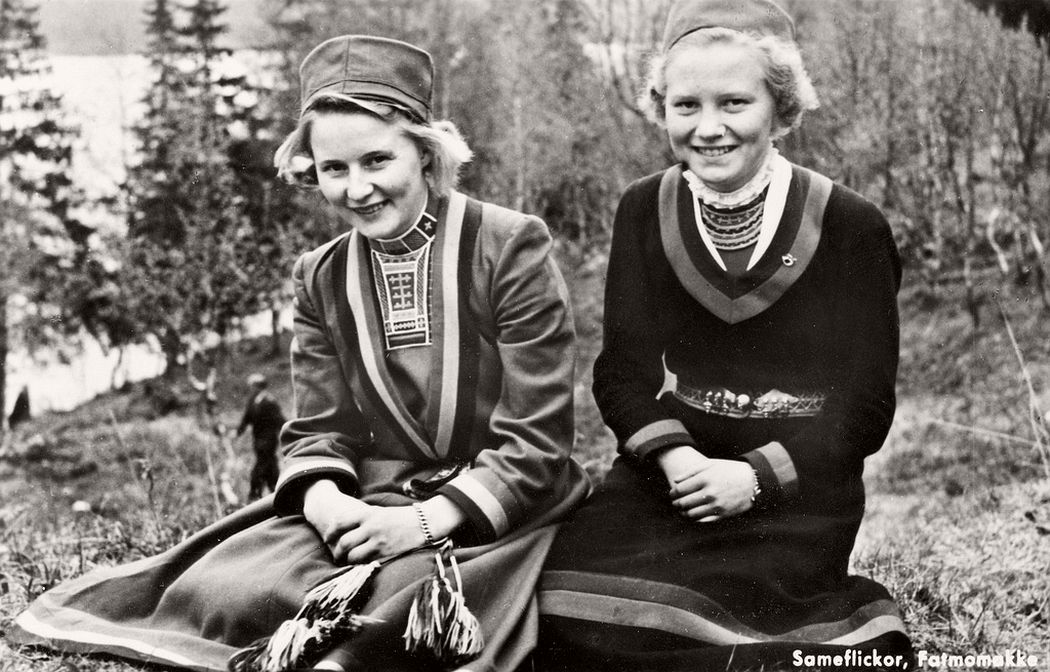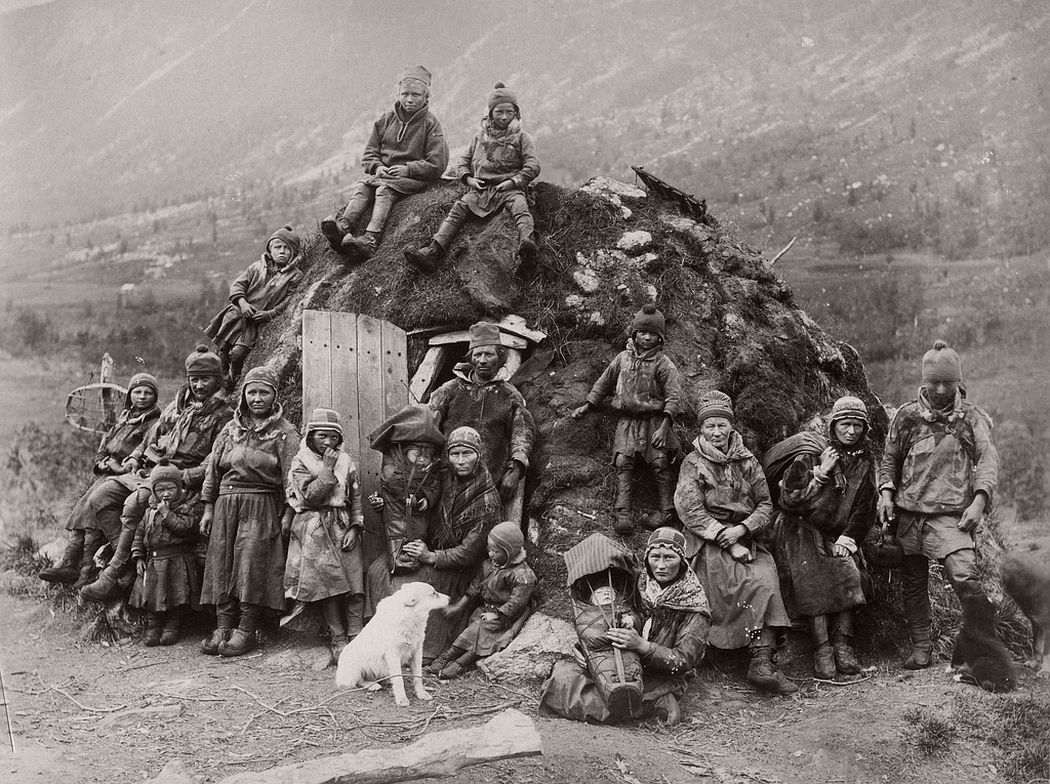The Sami people are an indigenous Finno-Ugric people inhabiting the Arctic area of Sápmi, which today encompasses parts of far northern Norway, Sweden, Finland, and the Kola Peninsula of Russia. The Sami are the only indigenous people of Scandinavia recognized and protected under the international conventions of indigenous peoples, and are hence the northernmost indigenous people of Europe. Sami ancestral lands are not well-defined. Their traditional languages are the Sami languages and are classified as a branch of the Uralic language family.
Traditionally, the Sami have pursued a variety of livelihoods, including coastal fishing, fur trapping, and sheep herding. Their best-known means of livelihood is semi-nomadic reindeer herding. Currently about 10% of the Sami are connected to reindeer herding, providing them with meat, fur, and transportation. 2,800 Sami people are actively involved in herding on a full-time basis. For traditional, environmental, cultural, and political reasons, reindeer herding is legally reserved only for Sami people in some regions of the Nordic countries.

